 The AHRC’s Collaborative Skills Development call is aimed at supporting the development of innovative, collaborative training packages for PhD students and early career researchers in the arts and humanities.
The AHRC’s Collaborative Skills Development call is aimed at supporting the development of innovative, collaborative training packages for PhD students and early career researchers in the arts and humanities.
The 2013 call will operate with three strands:
- The Organisation-led strand will offer funding of up to £60,000 to enable Research Organisations to offer training and skills development activities to groups of students and Early Career Researchers in several institutions, involving a variety of different partners.
- The Early Career Researcher (ECR)-led strand will offer funds up to £5,000 to support ECRs to establish and run collaborative training and researcher development activities primarily for the benefit of other ECRs.
- The Student-led strand will support doctoral students to establish and run smaller-scale collaborative activities, with an award limit of £3,000.
Proposals must be collaborative, involving at least one Research Organisation and another partner. Proposals can be led by any Research Organisation, including Independent Research Organisations, and the student and ECR-led strands are not restricted to AHRC-funded students / ECRs.
Applications should propose the development of skills within one of the following areas:
- Partnership working including public engagement: To support postgraduate students to engage effectively with collaborators outside of academia, including community groups and the public, private and third sectors.
- Entrepreneurship and the Creative Economy: Delivering activities and strategies that enable postgraduate students to develop their research in an entrepreneurial context, including Enterprise learning.
- Research Skills Enrichment: Supporting new activities that will enable postgraduate researchers to enhance their research skills by engaging with disciplines outside of their own in order to add value to their current research and/or develop their research in a new direction.
Proposals will be eligible from any discipline within the AHRC’s subject remit. Applicants are welcome to propose innovative forms of skills development and training for students and ECRs, but we will also accept applications proposing conferences and workshops, placements and internships, business plan type competitions and entrepreneurs-in-residence, study visits and electronic resources, to name just a few examples.
Further information on how to apply can be found here: AHRC’s Collaborative Skills Development Call
Closing dates for applications – 4pm on Thursday 19 September 2013
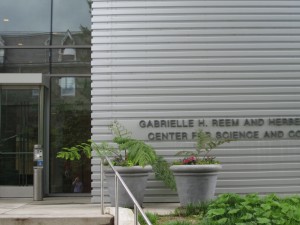
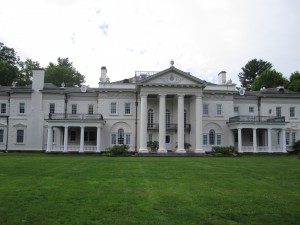
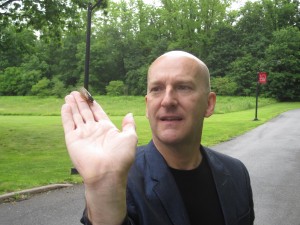
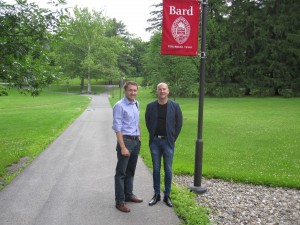

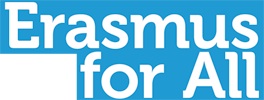
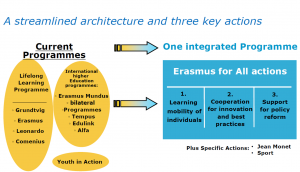

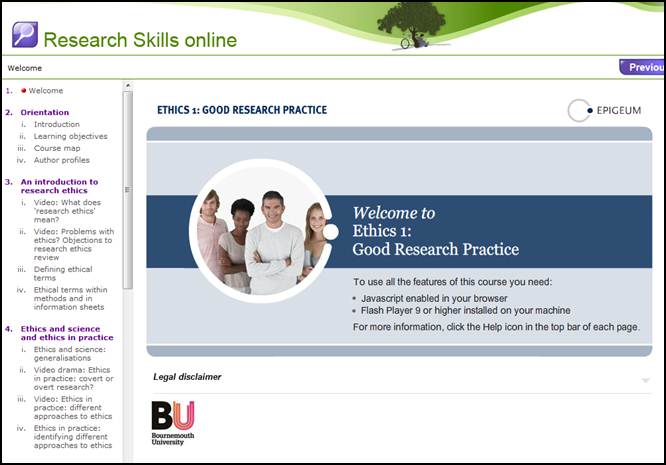 The University Research & Knowledge Exchange Committee (URKEC) recently approved the implementation plan of a mandatory research ethics e-module training course. The research ethics e-module is vital to ensure all academic staff and PGRs at BU are provided with training in research ethics. This will ensure all members of staff who conduct their own research and supervise students are proficient in basic research ethics principles.
The University Research & Knowledge Exchange Committee (URKEC) recently approved the implementation plan of a mandatory research ethics e-module training course. The research ethics e-module is vital to ensure all academic staff and PGRs at BU are provided with training in research ethics. This will ensure all members of staff who conduct their own research and supervise students are proficient in basic research ethics principles.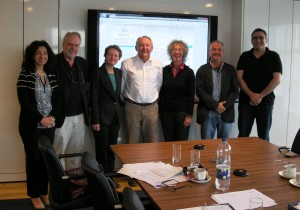




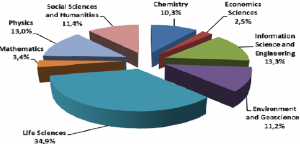
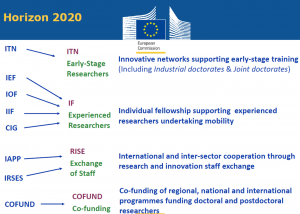











 SPROUT: From Sustainable Research to Sustainable Research Lives
SPROUT: From Sustainable Research to Sustainable Research Lives BRIAN upgrade and new look
BRIAN upgrade and new look Seeing the fruits of your labour in Bangladesh
Seeing the fruits of your labour in Bangladesh Exploring Embodied Research: Body Map Storytelling Workshop & Research Seminar
Exploring Embodied Research: Body Map Storytelling Workshop & Research Seminar Marking a Milestone: The Swash Channel Wreck Book Launch
Marking a Milestone: The Swash Channel Wreck Book Launch ECR Funding Open Call: Research Culture & Community Grant – Application Deadline Friday 12 December
ECR Funding Open Call: Research Culture & Community Grant – Application Deadline Friday 12 December MSCA Postdoctoral Fellowships 2025 Call
MSCA Postdoctoral Fellowships 2025 Call ERC Advanced Grant 2025 Webinar
ERC Advanced Grant 2025 Webinar Update on UKRO services
Update on UKRO services European research project exploring use of ‘virtual twins’ to better manage metabolic associated fatty liver disease
European research project exploring use of ‘virtual twins’ to better manage metabolic associated fatty liver disease